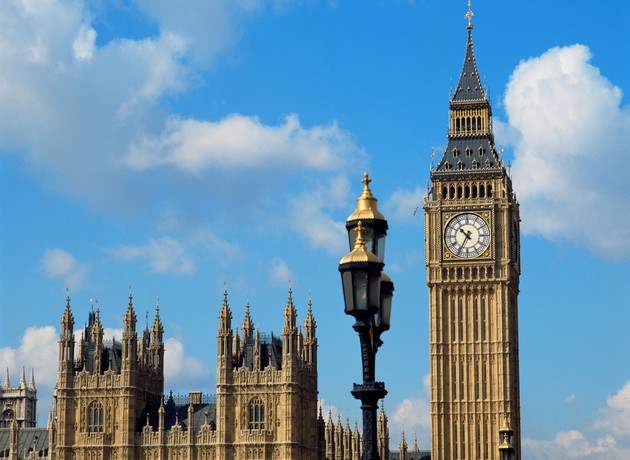
Government extends alcohol duty-freeze for six months
The freeze on UK alcohol duty rates has been extended six months to 1 August 2023, the government announced yesterday (19 December 2022).
The announcement has caught many in the trade by surprise – new duty rates usually come in on the 1 February each year. However, exchequer secretary James Cartlidge revealed to the House of Commons that the duty rates decision will be held until chancellor Jeremy Hunt delivers his Spring Budget on 15 March 2023.
Further, the Minister made clear that if any changes to duty are announced then, they will not take effect until 1 August 2023. This is to align with the date on which historic reforms to the alcohol duty system are due to begin and amounts to an effective six-month extension to the current duty freeze.
Many in the industry were expecting an announcement on duty rates in the Autumn Statement last month where chancellor Jeremy Hunt made a few announcements regarding business taxes, but made no mention of alcohol duty.
Exchequer secretary to the Treasury, James Cartlidge said: “The alcohol sector is vital to our country’s social fabric and supports thousands of jobs. We have listened to pubs, breweries and industry reps concerned about their future as they get ready for the new, simpler, alcohol tax system taking effect from August.
“That’s why we have acted now to give maximum certainty to the industry and confirmed there will be just one set of industry-wide changes next summer.”
In September the former chancellor Kwasi Kwarteng proposed a duty freeze but this was reversed by Jeremy Hunt when he became chancellor. Hunt’s rates would have cost consumers 38p on a bottle of wine and £1.35 on a bottle of spirits, and created an additional tax burden to the drinks trade of £600m, according to Treasury figures.
The freeze on alcohol duty rates has been mostly welcomed by the trade. Miles Beale, CEO of the Wine and Spirit Trade Association, said: “We are extremely pleased to hear that the chancellor has listened to our calls not to deliver a double whammy tax hike next year. History has shown that freezing alcohol duty delivers increased revenue to the Exchequer. If duty rates went up by RPI on 1 February, this would have been a crippling blow to the UK alcohol industry and consumers who would have to pay the price for tax rises.
“Delaying any increase until 1 August means businesses will not have to manage two duty rises in the space of six months. We hope that any duty increases applied in August take into account the damage suffered by wine and spirit businesses and the hospitality sector during the pandemic. We are calling on Jeremy Hunt to cancel double-digit tax rises to help cash-strapped consumers and to support the UK’s world-class drinks industry.”
Michael Kill of the Night Time Industries Association (NTIA) said: “We welcome the announcement today that Alcohol duty will be frozen until August by the chancellor, but urge the government to recognise the full extent of the problem and consider further support in the coming months for many businesses to survive. The alcohol duty freeze will give businesses some breathing space but will not repair the damage already done or solve the immediate challenges faced by the sector following three years of disruption.”
Nuno Teles, MD Diageo GB said: “The decision by the chancellor to freeze alcohol duty until August will come as a much-needed Christmas present for hard-pressed pubs, bars and restaurants up and down the country. Today’s news provides much-needed certainty for the sector and we raise a glass of Guinness to the chancellor and the PM in thanks. Cheers, chancellor!”
Meanwhile, in the Autumn Budget 2021, the government announced, “the biggest reforms to alcohol duty in 140 years.” The changes will overhaul the UK’s alcohol tax system following Brexit, by introducing 27 bands (as opposed to three) for alcohol across wine categories.
Described as a “common sense approach”, by the government, the new system will raise duty for higher ABV drinks.
However, according to the WSTA, if wine were taxed according to its alcoholic strength, 70% of all still and sparkling wine would go up in price, as would 80% of all still wine, 95% of red wine and 100% of fortified wines.
The reforms will take effect from 1 August 2023 and all wine between 11.5-14.5% ABV will be calculated for duty as if it were 12.5% ABV for 18 months from the implementation of the new system.




